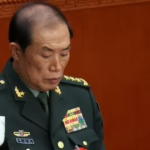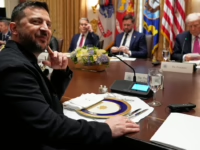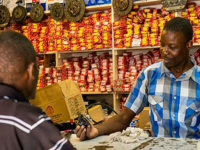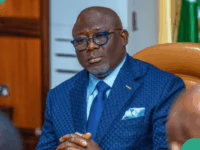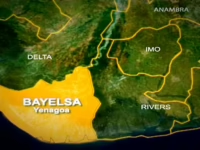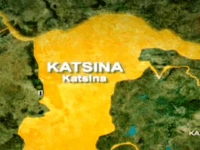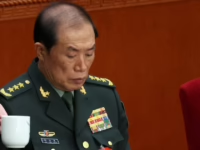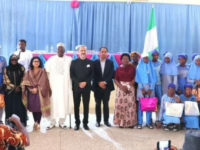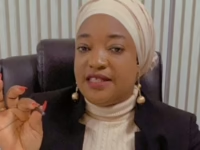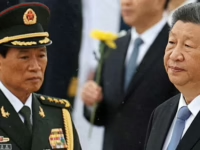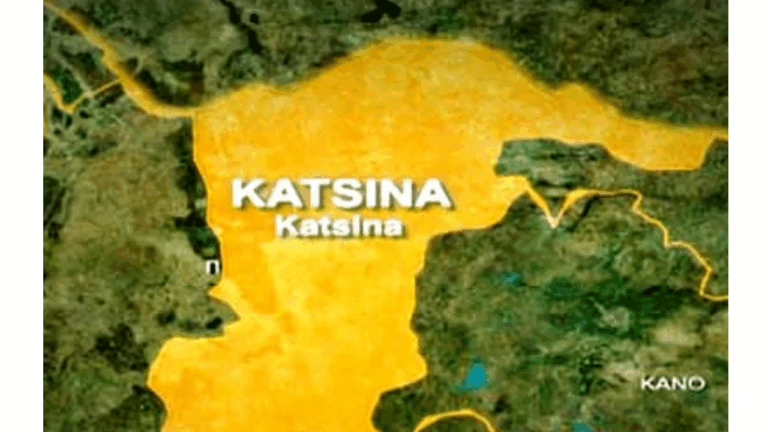The Katsina State government has unveiled plans to construct 123 new schools, refurbish 68 existing ones, and enlarge 69 others to bridge significant infrastructure deficits within the state’s education sector.
Commissioner for Basic and Secondary Education, Zainab Musa Musawa, shared these details on Friday while presenting her ministry’s budget proposal for 2026 during a pre-budget defense session led by Malik Anas, the Commissioner for Budget and Economic Planning.
Musawa highlighted that these figures were derived from comprehensive community feedback combined with technical evaluations carried out by her ministry.
Given the substantial financial requirements, the ministry has strategically divided the projects into two phases to facilitate effective implementation and ensure accountability.
“Our approach segments the initiatives into two stages. The initial phase includes building 58 new schools with an estimated budget of ₦37.9 billion, expanding 34 schools at ₦8.4 billion, and renovating 24 schools costing ₦4.6 billion, totaling approximately ₦51 billion,” Musawa explained. The subsequent phase will address the remaining projects.
She stressed that the selection of schools for intervention was driven by the urgent need to broaden educational access and create conducive learning environments, especially in areas where schools are either overcrowded or structurally compromised.
Additionally, the proposal prioritizes special institutions such as the School for the Deaf in Malumfashi and the School for the Blind, recognizing their ongoing need for government support.
In response, Malik Anas praised the ministry’s thorough presentation but emphasized the necessity of basing decisions on solid data to determine which communities should receive priority.
Anas urged the education ministry to substantiate all requests for new schools with verifiable metrics, including the proximity between proposed and existing schools, enrollment statistics, and demographic forecasts.
“Our planning must be grounded in precise data to prevent redundancy and ensure that resources are allocated to areas with genuine need. While every community desires development, our strategies must be pragmatic and sustainable,” Anas remarked.
Musawa also disclosed ongoing collaborations with UNICEF and the Federal Institute of Education to digitize school records, transitioning from manual documentation to a digital system that tracks individual student data.
This digital transformation aims to enhance the government’s ability to identify priority zones and improve planning related to teacher assignments, infrastructure development, and security management.
She further expressed concern over the closure of numerous schools, particularly in frontline local government areas like Faskari, due to security challenges, which has compelled students to seek education in neighboring communities.



